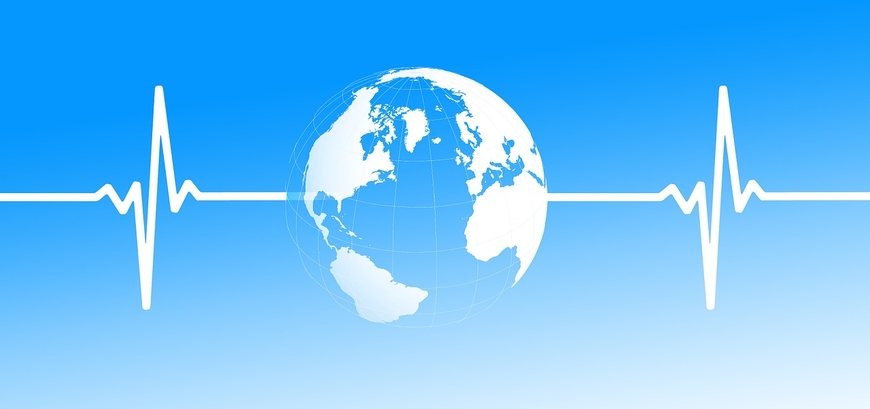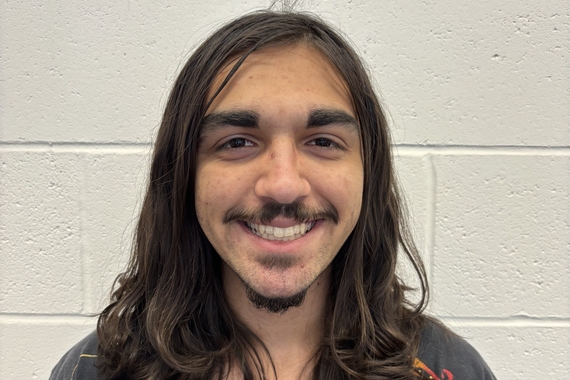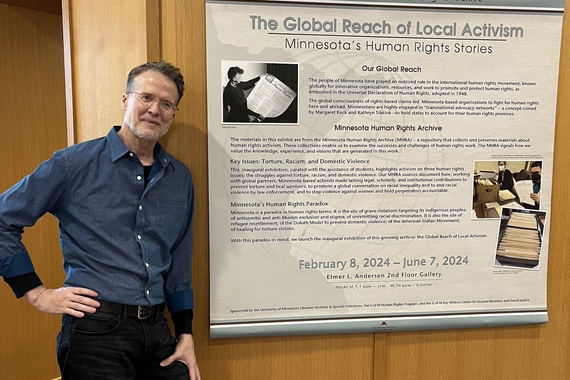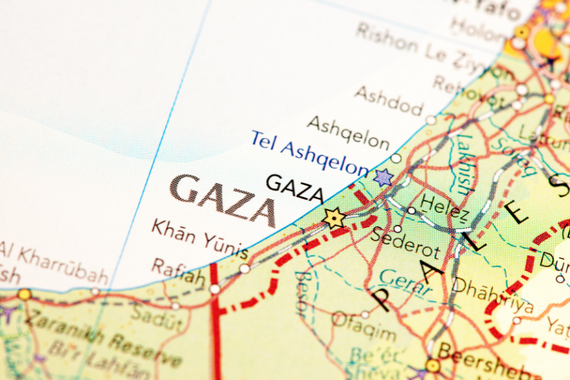Identifying New Avenues for Advocacy in Health Care Equity
Dr. Calla Brown is a second year Master of Human Rights student. Her concentration is on migration, which she combines with her expertise as a pediatrician to explore questions related to migration, health, and human rights.
Human Rights Program (HRP): Tell us about where you interned this summer and what you were working on while you were there.
Calla Brown (CB): Last summer was quite busy! I was finishing up my first year of an academic general pediatrics fellowship in the Division of General Pediatrics and Adolescent Health at the University of Minnesota. My main academic project over the summer involved working on a secondary data analysis of health measures and receipt of health services for incarcerated youth in Minnesota. As a part of this project our team put together the following resource for providers and other stakeholders who work in the juvenile justice system in our state:
Brown, C., Pendleton, V., Davis, L., Shlafer, R., (2018). Physical, dental and mental health needs of youth in juvenile correctional facilities in Minnesota. Minneapolis, MN: University of Minnesota.
Additionally, the University of Minnesota and Hennepin County Medical Center internal medicine residency programs run a month-long rotation in the summer called the Migrant Health Elective, and I served as a pediatric preceptor on the rotation. This was my first experience on the rotation. I also continued teaching monthly seminars for pediatrics residents on their adolescent medicine and developmental - behavioral rotations.
In August, I had the opportunity to attend the annual general assembly for the organization Doctors for Global Health, a grassroots NGO with whom I was able to volunteer in medical school. The theme of this year’s conference was Juntos en la Lucha: Defending Reproductive Justice and Immigrant Lives, and following the conference I had the great privilege to join the board as an alternate member for the 2018-2019 year. Additionally, I continued primary care clinical work at a federally qualified health care center in Minneapolis, seeing children and adult patients.
HRP: What were a few major takeaways or lessons that you learned through your fieldwork and educational path?
CB: The MHR program has been really fantastic so far. In my work in health care I have long considered health to be a human right, but didn’t have the language or conceptual understanding of human rights to be able to fight to make that a reality. Prior to starting the program my family and I spent the academic year in Malawi volunteering at the College of Medicine as physician educators with Seed Global Health. I was confronted with issues of resource distribution, both on a micro- or local level, but also on a global level as the health care system has suffered greatly due to international policy decisions about funding. The relationship between poverty and health outcomes was visible on a day-to-day basis, and I have such an incredible amount of respect and awe for the Malawian doctors and nurses who are fighting to provide care for the population within the system, working above and beyond what would ever be expected of a health care provider here in the United States.
Every class has been exciting and new, and I am learning to think about the problems that I see in clinic in new ways. The program, in addition to teaching content knowledge, allows students to practice skills needed for effective human rights advocacy, including writing, public speaking, and working in interdisciplinary teams in a structured and guided way.
My degree concentration is human rights and migration. I see patients at a federally qualified health care center with a patient population from all over the world and here in the Twin Cities. Every single day is such a learning opportunity for me. I have been able to learn about other health care systems, cultures, remedies, and languages. I have also heard stories of severe violence, and witnessed such grace and resilience among patients. I want to promote the human rights and health of all patients, regardless of socio-economic status, language, country of origin, or documentation status.
HRP: What are your future career goals and how have your coursework and field experiences prepared you for these goals?
CB: My goal is to have a long clinical, educational, and academic career, if all goes well! I love patient care and clinical medicine, and I want to have the tools to promote health not just in the office, but to advocate for systems-level change that promotes the human rights of all people. The coursework that I have taken so far has exposed me to multiple avenues for advocacy, and has demonstrated connections between systems that I did not see before. Intellectually, my thinking has expanded. My pediatric fellowship and the MHR degree program are overlapping, and I will finish my fellowship in the summer of 2020.
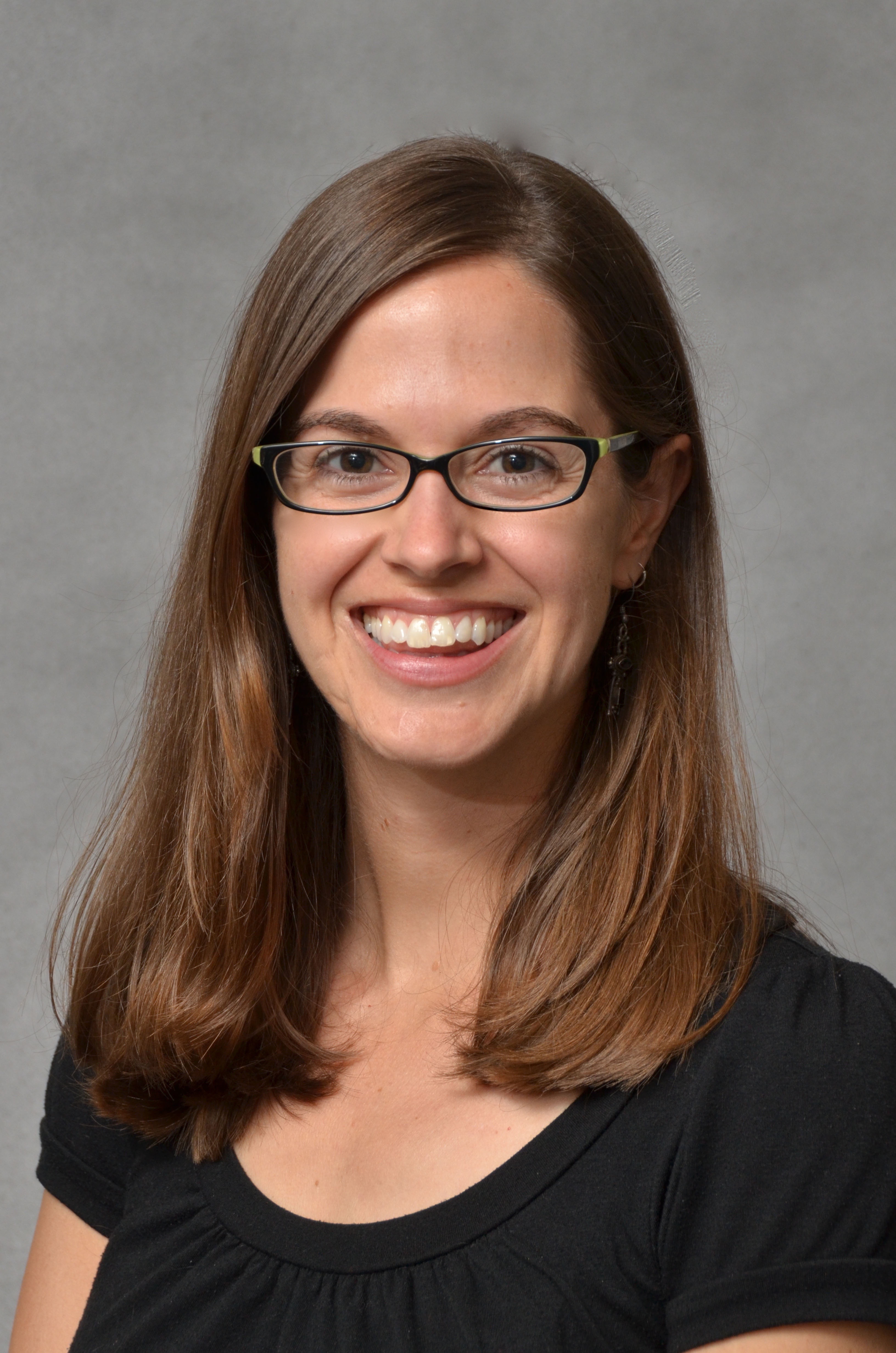
**Responses have been edited for clarity and length.
